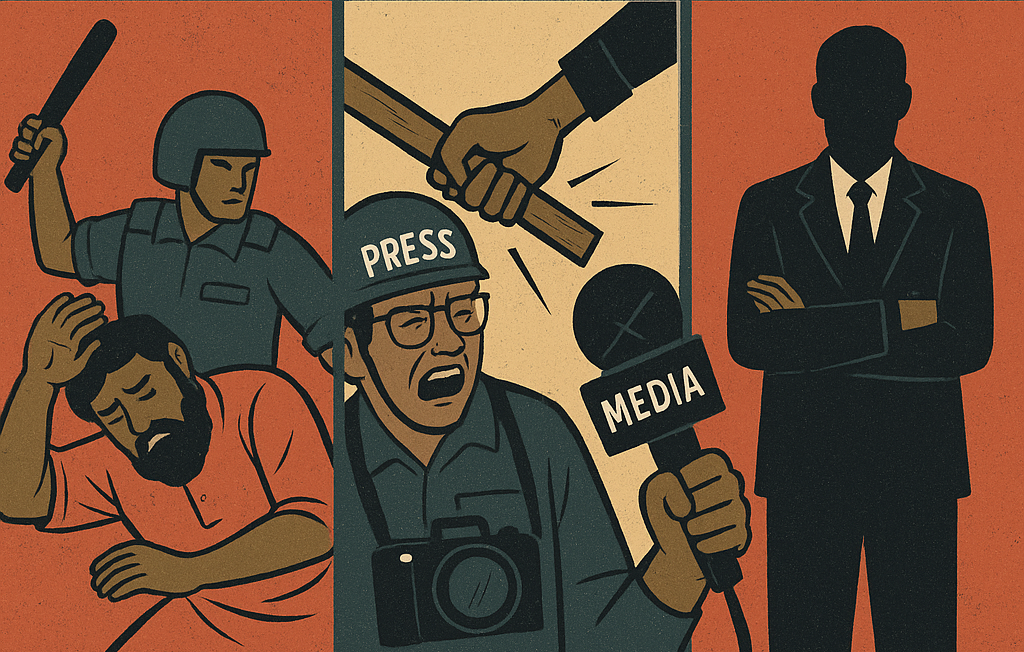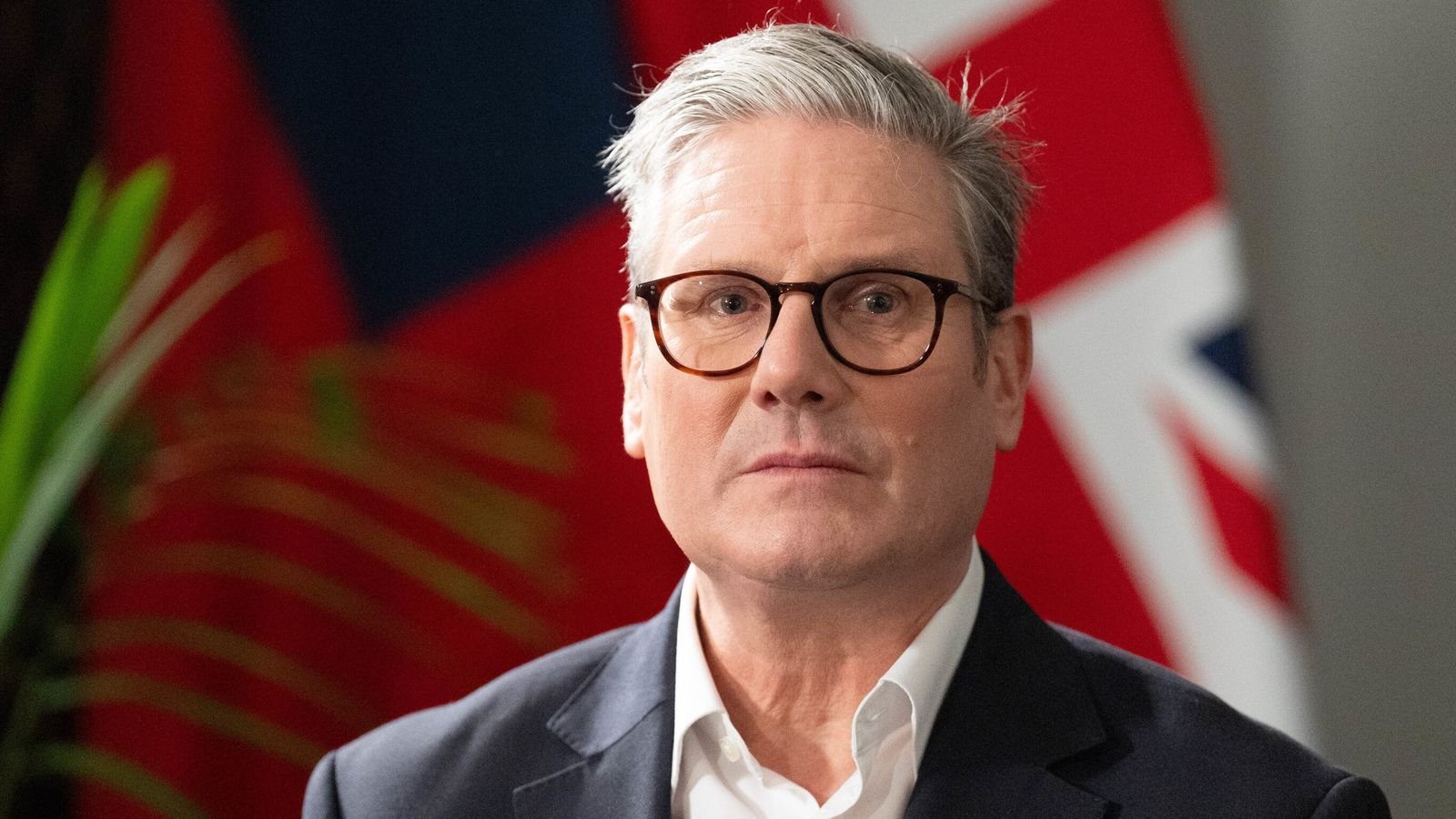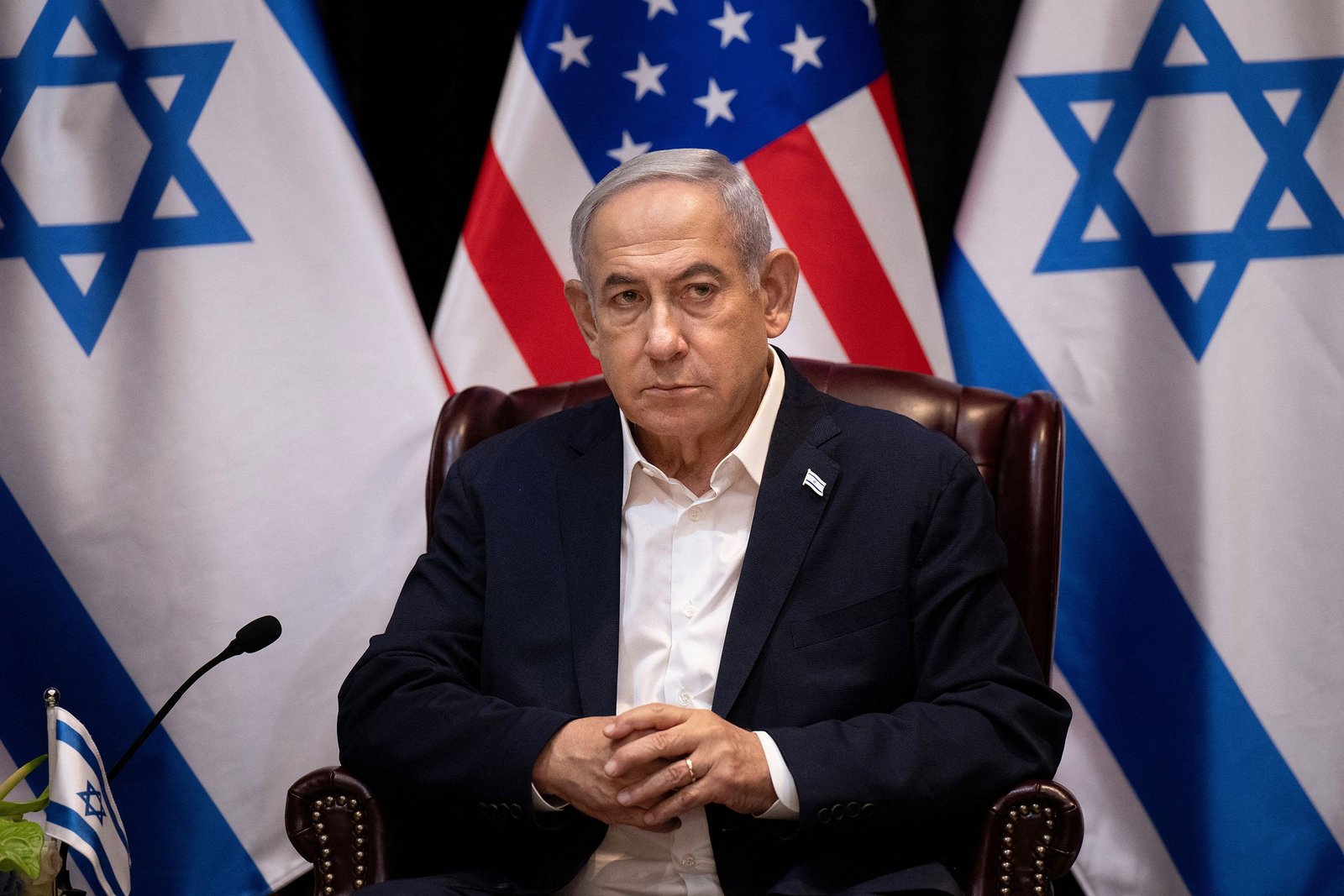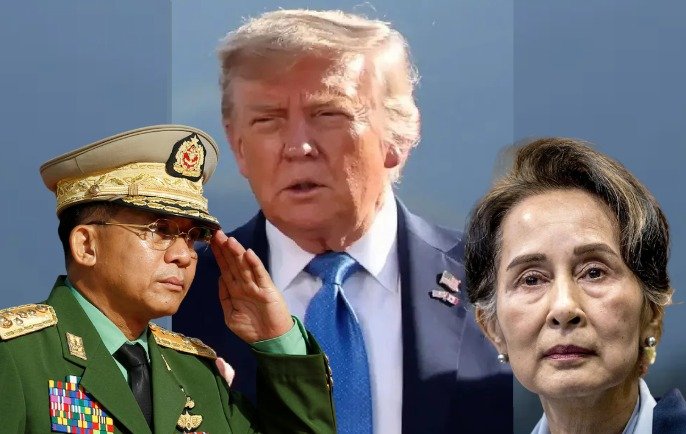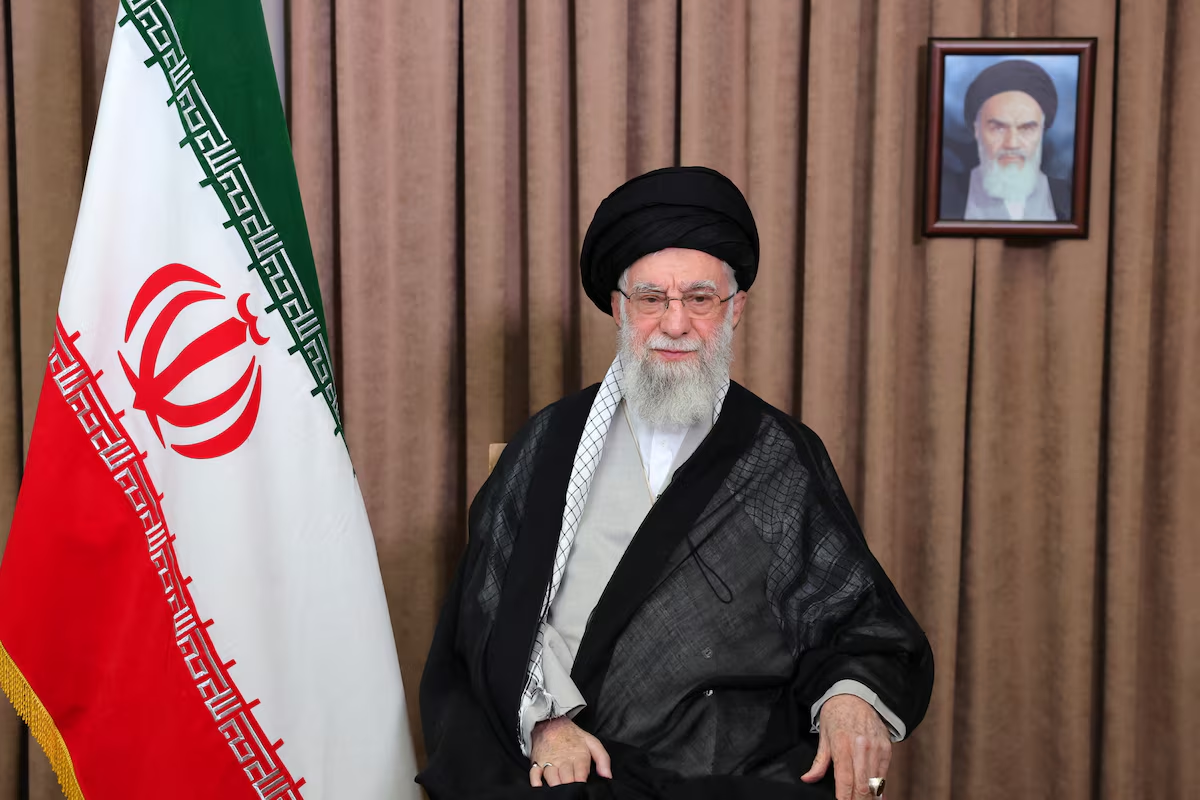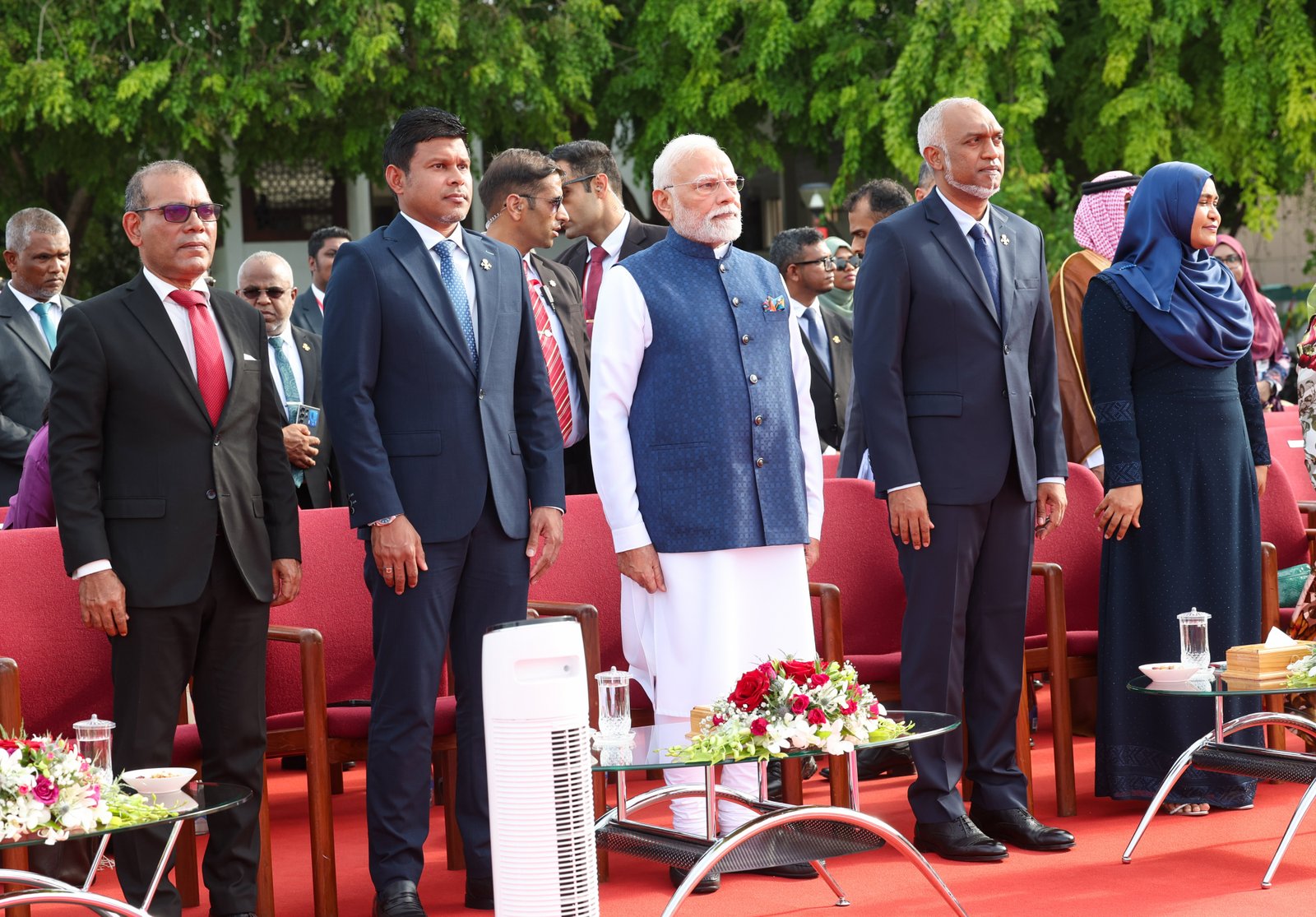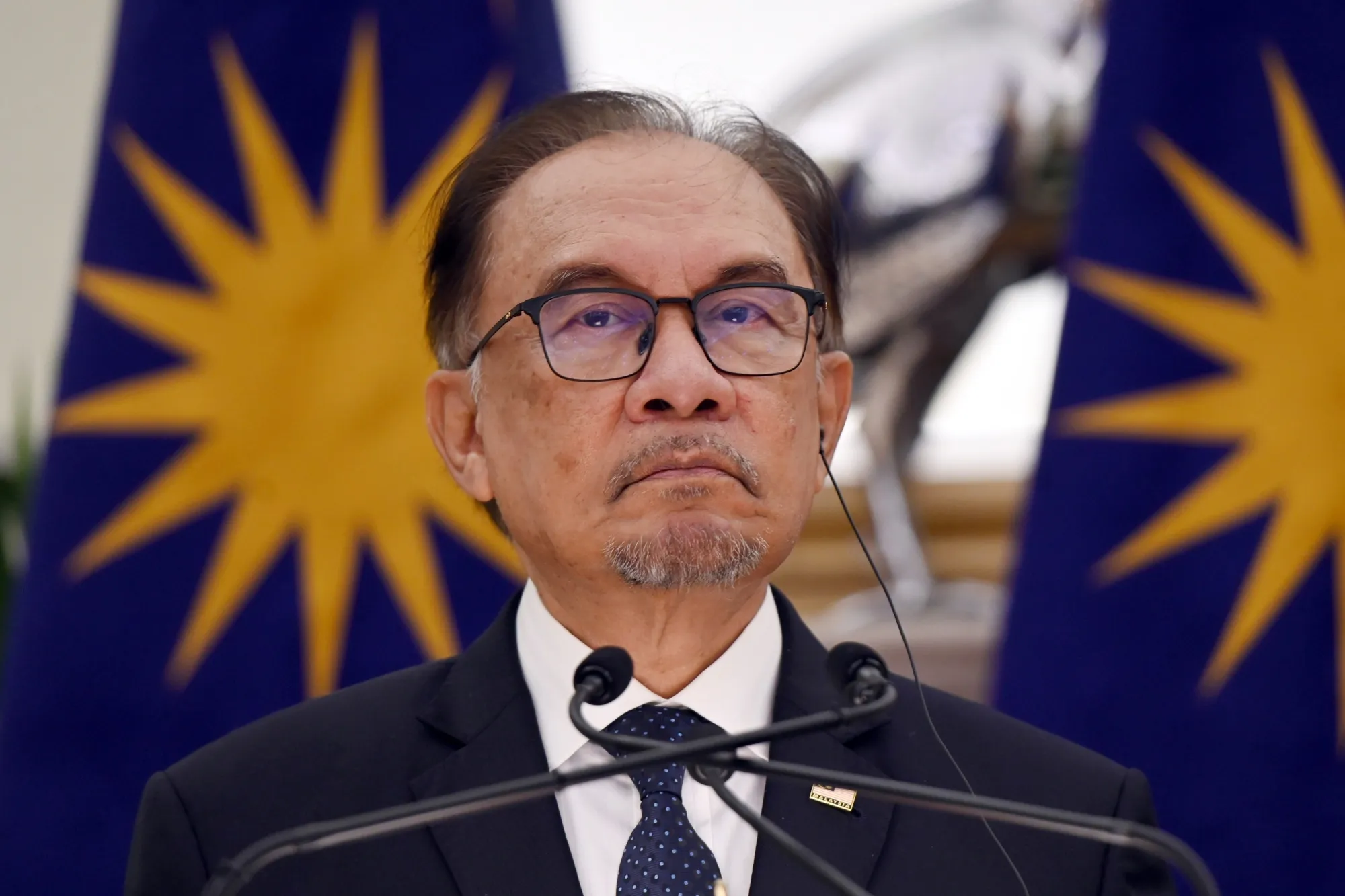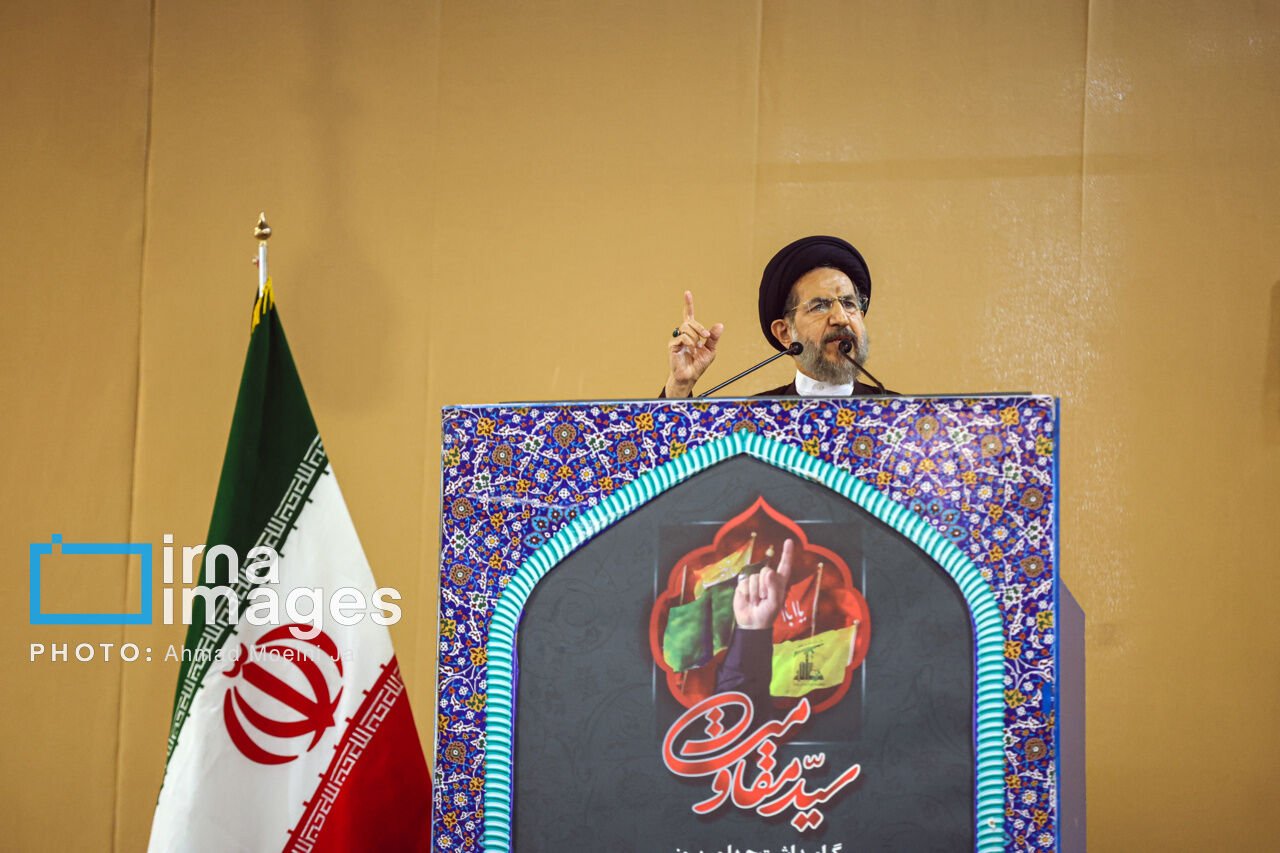Broken promises, burning homes, silenced media — Bangladesh's secularism is now on the path to collapse.
after 5 August 2024 Prime Minister Sheikh Hasina was ousted from power violence has spread like wildfire. Extremist groups have returned with renewed strength, and the interim government—led by Nobel Laureate Muhammad Yunus—has done virtually nothing to stop it.
Broken promises, burning homes, silenced media — Bangladesh's secularism is now on the path to collapse.
On 5 August 2024, during the change of government in Bangladesh, there was persecution of religious minorities, attacks on the media and journalists for expressing truth and independent opinions, and silence from the interim government." Dhaka,Banglaseah- Since Prime Minister Sheikh Hasina was ousted from power in August 2024, violence has spread like wildfire. Extremist groups have returned with renewed strength, and the interim government—led by Nobel Laureate Muhammad Yunus—has done virtually nothing to stop it.
Over 2,100 Attacks in 52 Districts
Between August 2024 and March 2025, more than 2,100 attacks on minority communities have been documented. In Rangamati, four Buddhists were killed. A Hindu temple was set on fire in Khulna. Christian families were forced to flee in Barisal. A Hindu shopkeeper in Rajshahi said, “They burned down my house. I received no help—not even allowed to file a report at the police station.”
Children are silent witnesses to this violence. Anika Chakma, a 16-year-old Buddhist girl in Dhaka, keeps a diary of her horrific experiences. “I don’t know if I’ll be able to finish this notebook,” she says, trembling. Nine-year-old Raju Mondol marks a red X on his calendar for each day an attack occurs. In November alone, there were 27 red marks.
A Pattern of Orchestrated Attacks
The attacks follow a well-planned pattern:
-
Minority homes marked with red paint
-
Calls to "protect religion" broadcast from mosques
-
Sudden withdrawal of police presence
-
Mobs arriving with kerosene, axes, and iron rods
CCTV footage and eyewitness accounts show that attackers use the same types of weapons and buy supplies from the same shops. A police officer in Satkhira admitted, “We were told not to act. The orders came from above.”
A Silent Government
The interim government had promised to lead Bangladesh on a path of peace. But it has completely ignored the suffering of minorities.
In July 2024, after political unrest, the government allocated 10 billion taka (৳100 crore) for injured protesters. Yet not a single family affected by religious violence received any of that money. Only 1.4% of the allocation was spent—and none of it reached minority victims.
No Justice: Denial of Accountability
Despite thousands of attacks, very few perpetrators have been punished. Human rights organizations cite the following reasons:
-
Police refusal to register complaints without bribes
-
No evidence collected from crime scenes
-
Victims threatened into silence
-
No special courts established despite promises
-
Cases dismissed as land or family disputes
One human rights activist said, “This isn’t just a broken system—it’s a system built to protect the attackers.”
Silenced Victims in Fear and Poverty
A Christian woman in Barisal said she had to pay 50,000 taka to file a complaint after her son was beaten. “They took the money—and gave us silence.”
Many families have been warned not to speak to journalists or NGOs. They live under constant threats, false accusations, and fear.
Attacks on Media and Journalism
In November 2024, extremists attacked the offices of prominent media outlets. Windows were smashed, equipment destroyed, and staff threatened for “spreading secularism.”
In Rajshahi and Bogura, protesters tore down newspaper signs and pelted buildings with stones.
Instead of protecting journalists, the government revoked the press credentials of 167 journalists between October 29 and November 7, 2024—an act strongly condemned by press freedom groups and the Editors' Council.
Reporters Without Borders (RSF) stated:
“Independent media offices such as The Daily Star and Prothom Alo have been directly attacked. RSF strongly condemns such assaults and threats.”
The government has also issued a new cybersecurity ordinance stipulating two years’ imprisonment and a 1 million taka fine for “hurting religious sentiments.” Human rights groups warn this could be used to silence journalists and critics.
Rise of Extremism, Voices for Peace Silenced
The once-banned Jamaat-e-Islami has returned under a new name. Instead of peaceful Friday sermons, extremist rhetoric now dominates. Rural youth are being recruited into radical madrasas. Moderate religious leaders face threats or are forced into silence.
International Concern, Domestic Denial
The international community has expressed deep concern over Bangladesh’s human rights situation:
UN Human Rights Report: On February 12, 2025, the UN Human Rights Office released a detailed report documenting widespread human rights violations during the July–August 2024 protests, including extrajudicial killings, illegal detentions, and suppression of free speech. The report called for independent investigations and accountability.
However, the interim government dismissed these allegations as “exaggerated and politically motivated,” claiming it was part of an opposition conspiracy.
A Ray of Hope
Not everyone remains silent. In Pabna, a Muslim widow named Rahima Begum sheltered her four Hindu neighbors when rioters came to burn their home. She said, “They’ve been my friends for 20 years.” She told the mob, “You’ll have to burn me first.” Her house was set on fire. She survived.
A Nation at the Crossroads
This is not just the story of a government or a crisis. It’s the story of Bangladesh’s future—will this country become a peaceful, inclusive state, or will it be lost to hatred and division?


